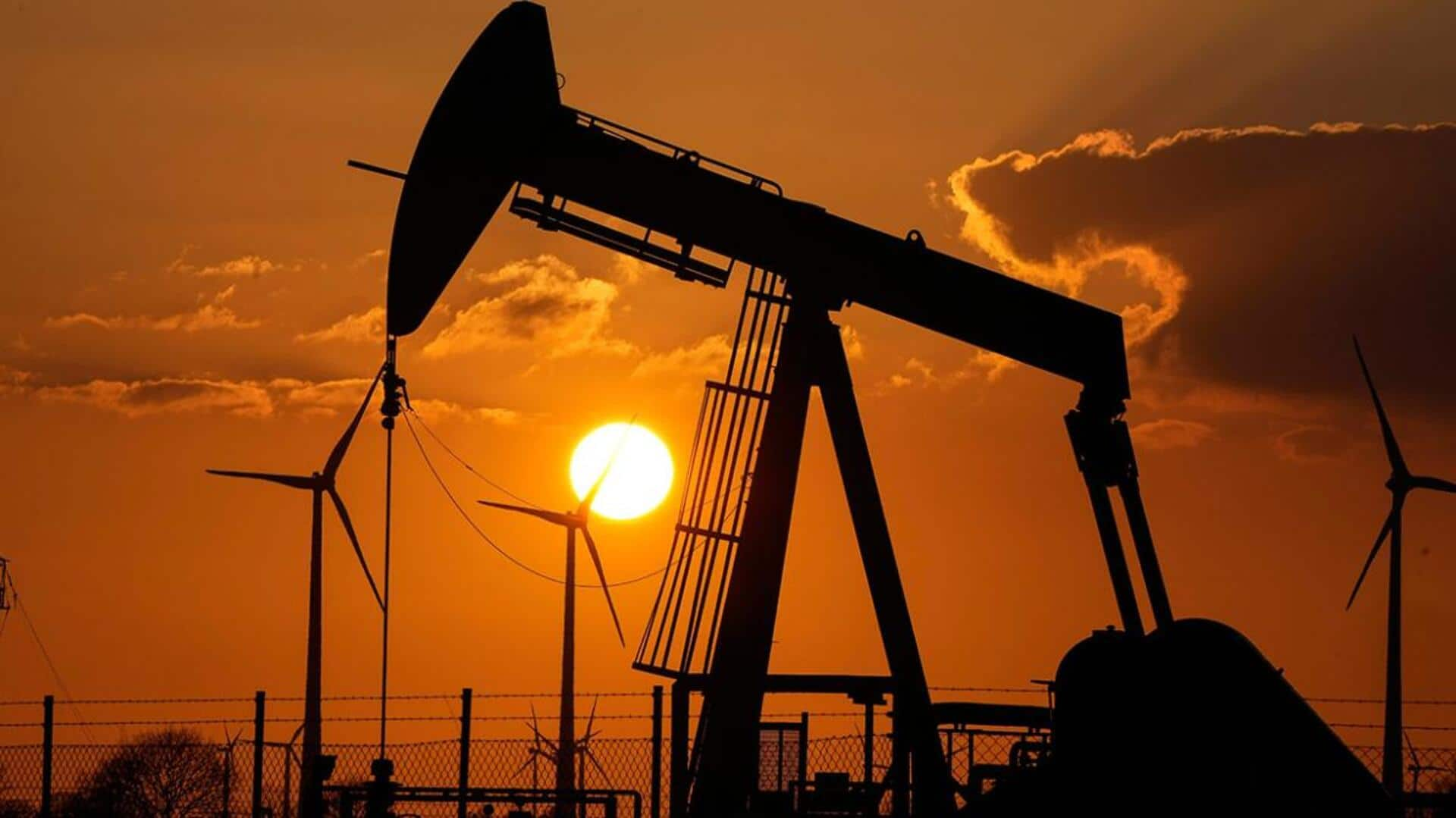
Russia charges India $80/barrel for oil, 30% over Western cap
What's the story
Russia is selling oil to India for nearly $80 per barrel, a whopping $20 above the Western price cap of $60 per barrel, reported Reuters citing some traders. The tight global oil market has led to a surge in demand for Russian exports. Since mid-July, Russia's main export grade, Urals (grade of crude oil), has been trading above the $60 per barrel Western price cap due to output cuts by OPEC+ producers, including Saudi Arabia and Russia.
Details
India emerges as the top buyer of Russian oil
India, the world's third-largest oil importer, has become the top buyer of seaborne Russian oil, primarily Urals, since 2022 following Western sanctions against Moscow. Free on Board (FOB) estimates for Urals cargoes loading from Baltic ports in October were close to $80 per barrel on Thursday for Indian customers. An official at an Indian refiner that regularly buys Russian oil said the recent price hike is due to low inventory levels and production cuts in Russia.
What Next?
Urals crude's appeal grows amid diesel and gasoline export ban
Interestingly, Russian Urals oil typically yields higher amounts of diesel, which makes up about two-fifths of India's overall refined fuel consumption. Russia's decision to ban diesel and gasoline exports has further increased the appeal of Urals crude amid a looming global shortage of these products.
Insights
What is the Western price cap?
Western institutions imposed a price cap last year that restricts Western companies from offering shipping, insurance, and related services for Russian oil unless its price falls below $60/barrel. Since the majority of shipping firms are based in Europe, the price cap was put in place to cut into Russia's profits while still enabling its oil to be sold globally. However, since this cap was put in place, Russian oil has significantly decreased its reliance on Western shipping and insurance companies.
Insights
New markets emerge for Russian oil sales
Despite the G7 and the EU banning imports of Moscow's seaborne crude oil, energy-intensive countries like China and India have increased their imports of Russian oil. Turkey too is importing Russian oil, becoming the second-largest buyer of Urals oil cargoes in September, followed by China and Bulgaria, according to preliminary LSEG data. Moreover, Russian oil is now being sold to customers in new markets like Brazil. This diversification in sales could potentially strengthen Russia's position in the global oil market.